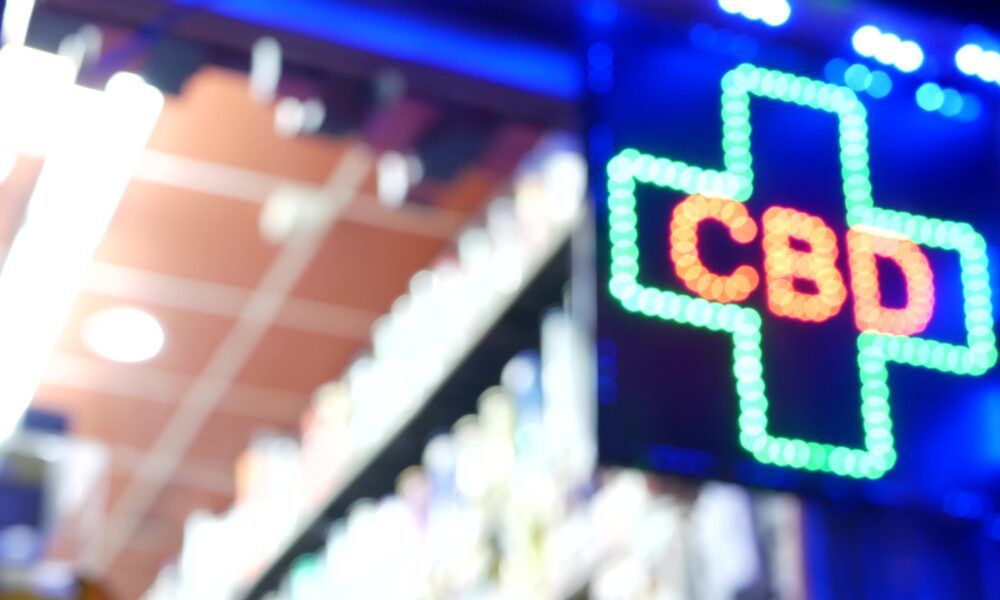The Now and Future of Yellow Acres Farm
Aran Arriaga is the Founder of Yellow Acres Farm
Texas Hemp Reporter: So how does it feel to be out in the Texas country
and farming hemp?
Adan: We’re in East Texas about 30 miles out of Louisiana. It’s pine country, hot, Jasper County. It’s great I grew up here, this is our family farm so…
Texas Hemp Reporter: What strains are you presently growing?
Adan: There are two: we have Cherry Wine and Otto II x BaOx. Both are high CBD content plants, above 6%, legal THC percentage of course.
Texas Hemp Reporter: What is your experience of the Texas Hemp Industry?

Adan: I find Texas to work as a team. The farmers, manufacturers, samplers, they band together networking. Texas can become the lead in the country in hemp production; Matt Buchanan did some sampling for us, then follow up then there’s Greg of Sweet Sensi, he works with us on rosin press extraction. I think our farm hopes to become a disrupter especially of outside raw hemp coming from out of state. Yellow Acres Farm (YAF) is a relatively small farm 85 acres but we plan to enlarge, improve our business model through growth.
Texas Hemp Reporter: What are your opinions on the Texas laws on growing hemp?
Adan: This year our team invested in lobbying, down at the Capitol, approached the House and Senate you know there’s a split in the community as well as the laws, marijuana versus hemp. The laws are are jumbled and the legislators don’t seem to study up on the difference between those industries. The scientific nomenclature versus the legal is all off, there was a bill introduced that would bundle hemp with cannabis and marijuana, and this is bad for growers. We need to insure that our businesses, our livelihoods are safe and we need to band together to amplify our interests. We did have a positive development hemp farmers now have a window of testing extended from 15 to 30 days, but this is only the beginning.
Texas Hemp Reporter: Is the Texas soil great for growing hemp?
Adan: We do a lot of enhancement work with our soil here, it’s a bit sandy. We are all natural so we add compost, minerals, microbiology, we practice replenishment. Yet the Texas climate is super for high CBD-yielding strains, the humidity these plants thrive on. So I believe we will become the lead producer of hemp as growers in the future.
Texas Hemp Reporter: Who does your team consist of?
Adan: There’s four of us, my brother Saulo who handles kind of the Operations manager position. And there’s the “bad boys of hemp” from San Antonio. Issac is our Brand Management person, handling marketing, networking and then Joshua who is our main farmer: he’s a real cultivator, checking details like the ph of water used, soil testing micro-remediation, composting, etc.
Texas Hemp Reporter: What about your R&D aspects?
Adan: I used to work in the beverage industry. I saw a lot of issues there especially concerning cannabis-infused drinks. Canada is a country that does a ton of research into cannabis. They have accumulated many patents. We had approached a Canadian Pharmaceutical company, in order to see if we could license one of their products. They couldn’t but I learned all about the issues of delivery of cannabinoids. Nano-emulsions, CBD, CBG, Delta-8 etc. For instance canning: the inner-lining is often lipid-resistant creating a short shelf-life. And many consumers also want a translucent beverage for themselves. Well CBD oil has color, some of the organolipids do as well. So we have been developing the quality of how these cannabinoids can be delivered as well as naturally preserved.
And these processes are not limited to drinks, tinctures and topical’s also. It’s a learning process.
Yellow Acres has a patent-pending for “A Method of Extraction for Immediate and Extended Release of Cannabinoids.” We’re concentrating on a process of single-dose extended duration release for both products and extractions.

We also think that licensing our IP can be very beneficial to other growers and researchers as well as developers. We hope to see the YAF label on a CBD beverage soon. And we’d like to develop gummies and candies and show them on the website. Being a farm we grow lots of vegetables so we’re using a burp-less cucumber to create a Yellow Acres Farm brand of pickles too!














































